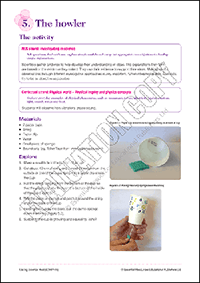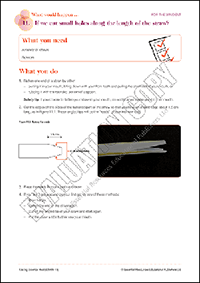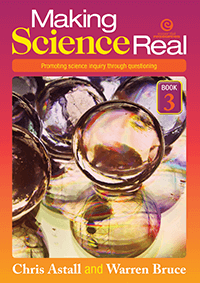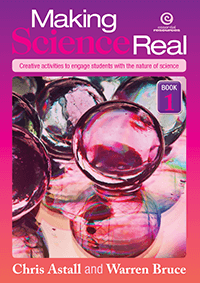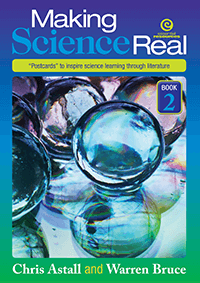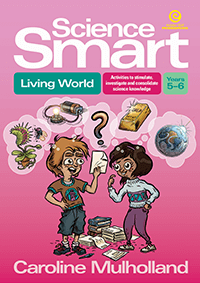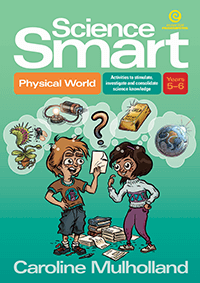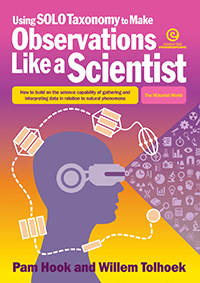
Free PDF science experiment: How sound is made
Student centred learning on the science of sound
Looking for a hands-on, curiosity-sparking science activity? This free downloadable experiment is designed to help students strengthen their questioning and investigative skills while exploring the science of sound.
Using a simple question starter, students are guided through an engaging, practical investigation.
The resource includes:
1. A student-friendly activity page with clear instructions, a materials list, and helpful illustrations.
2. A teacher support page outlining the learning intention and success criteria, explaining the science behind the activity, and offering thought-provoking follow-up questions to extend learning.
Perfect for primary through to secondary classrooms, this activity encourages creative thinking and scientific inquiry using everyday materials.
This resource is sourced from Making Science Real Book 3. Check out the series and access more practical solutions to unlock student centred learning in your science class.
|
NZD incl GST
|
Add to cart | |
| or more | each |
